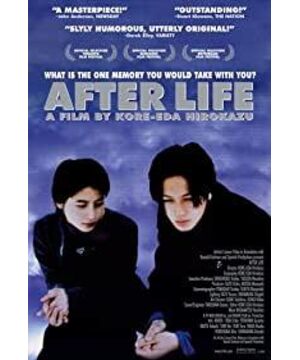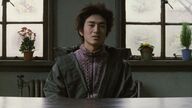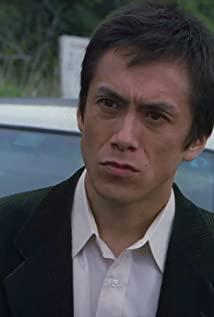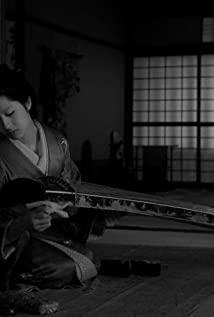The protagonist, Mochizuki, hesitated because his life was too short to find the most precious memories. Lizhong decided to stay because he didn't want to forget the days with Mochizuki. Terajima Shin's role is because he is concerned about his underage daughter and he refuses to leave. The old man lived an ordinary life, unable to find the proof of his existence and almost unable to move forward, but fortunately, he realized the most precious memory in the end.
Another very different young man refused to "go on the road with memories." He denied this mechanism and felt that it was unreasonable. He focused on the future, thinking that he should leave his memories on the road, but he stopped because of this. He is a rebel,
this is Arata's film debut. The silent, introverted, quiet, and slightly melancholic Mochizuki suits his own temperament. His acting skills are still very jerky, and his gestures are still a model. Occasionally a few shots have the shadow of Takashi Kashiwahara (perhaps because of the hairstyle), and if you take a closer look, it is actually the Arata. Whether it’s a young fairy or Tao Dayu’s fake hand brother, in fact, that face is not impeccable, but has a refined beauty.
View more about After Life reviews











